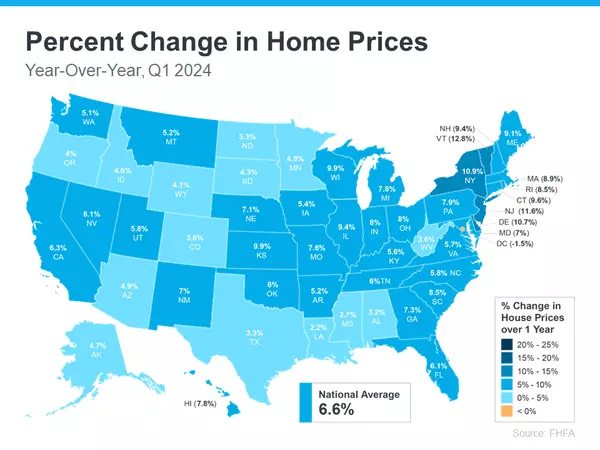Exploring Denver Metro Area's Latest Inflation Trends: What You Need to Know


According to the latest data released by the U.S. Bureau of Labor Statistics on Tuesday, the inflation rate in the Denver metro area stands at 3.5% over the past year.
While this figure is lower than the 4.5% rate reported for the previous period, it remains slightly above the national average of 3.1% from January 2023 to January 2024.
Recent fluctuations in prices within the metro area show a slight decrease of 0.1% since November, as indicated by the Consumer Price Index. Analysts from the Common Sense Institute attribute this decrease to declines in energy and transportation costs, marking consecutive bi-monthly periods of deflation since September to November 2023.
Denver ranks ninth out of 23 metro areas tracked by the CPI in terms of total price growth since 2020, highlighting the region's economic dynamics.
On a national scale, prices rose by 0.3% in January, primarily driven by housing increases. The shelter index recorded a 0.6% increase, contributing significantly to the overall rise in consumer prices.
However, energy prices experienced a decline of 0.9% for the month, largely due to the decrease in gasoline prices.
Despite the recent downturn, the average household in Colorado faced increased expenses, averaging $1,194 a month in December and January.
The recent decline in consumer inflation in metro Denver can be attributed to decreases in transportation costs, with gasoline prices dropping by 16% over the past two months and used car and truck prices declining by 3.8%.
While clothing prices also saw a reduction of 6.6% over the past year and 1.5% in the past two months, housing costs remain a significant driver of inflation, with rents increasing by 5.7% year-over-year and equivalent rent for homeowners rising by 7.2%.
Rising household energy costs continue to impact Colorado consumers, with prices up by 9.7% over the past year.
Food prices witnessed varied trends, with prices for foods purchased for home consumption increasing by 1.5% since November but decreasing for certain items over the past year. However, consumers dining out experienced continued price hikes, with the index for food eaten away from home up by 6.7% over the past year.
In summary, while recent trends indicate a slight moderation in inflation rates, various factors continue to influence consumer prices in the Denver metro area. Understanding these dynamics is essential for navigating economic trends and making informed financial decisions.
Categories
Recent Posts









